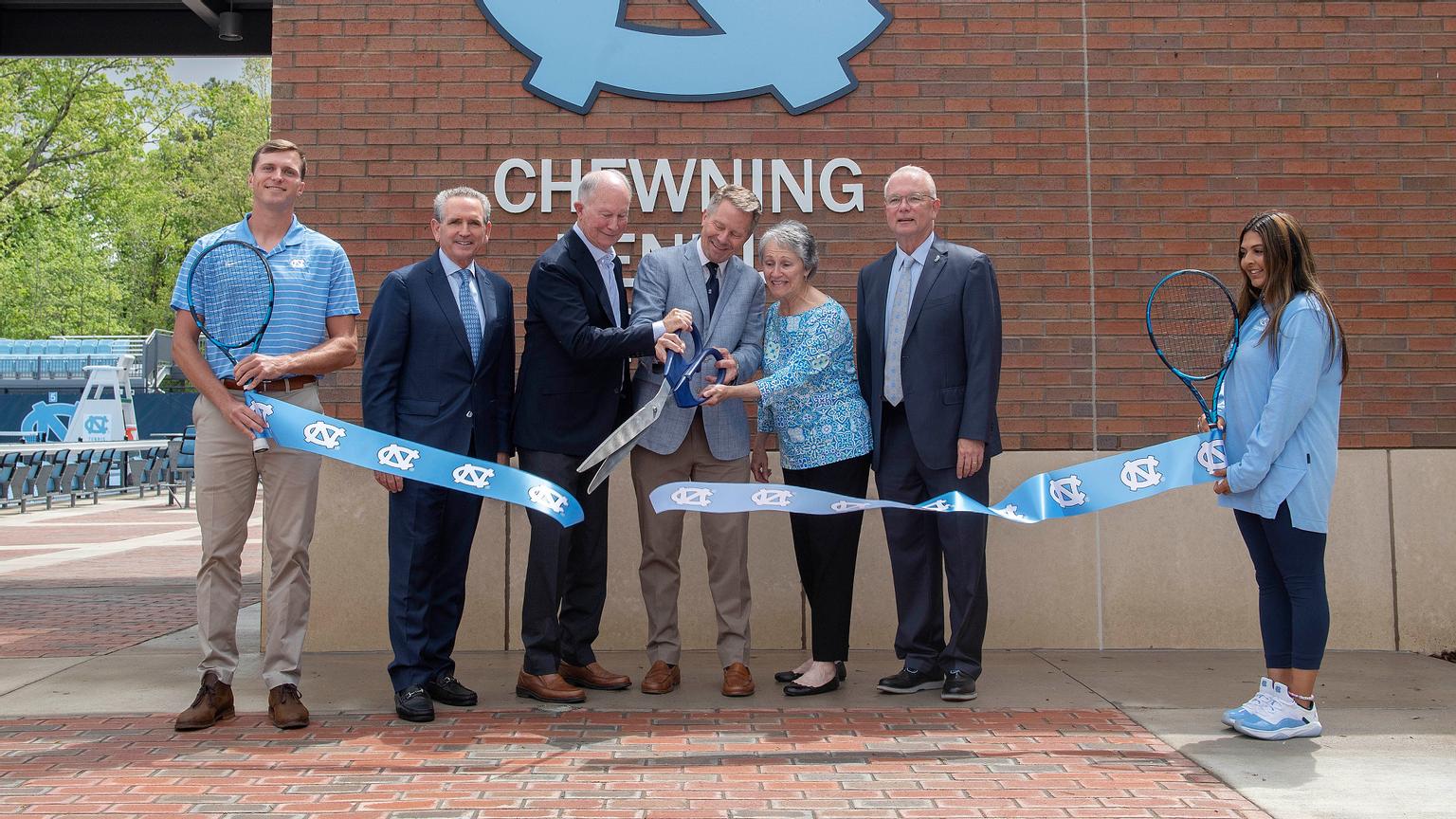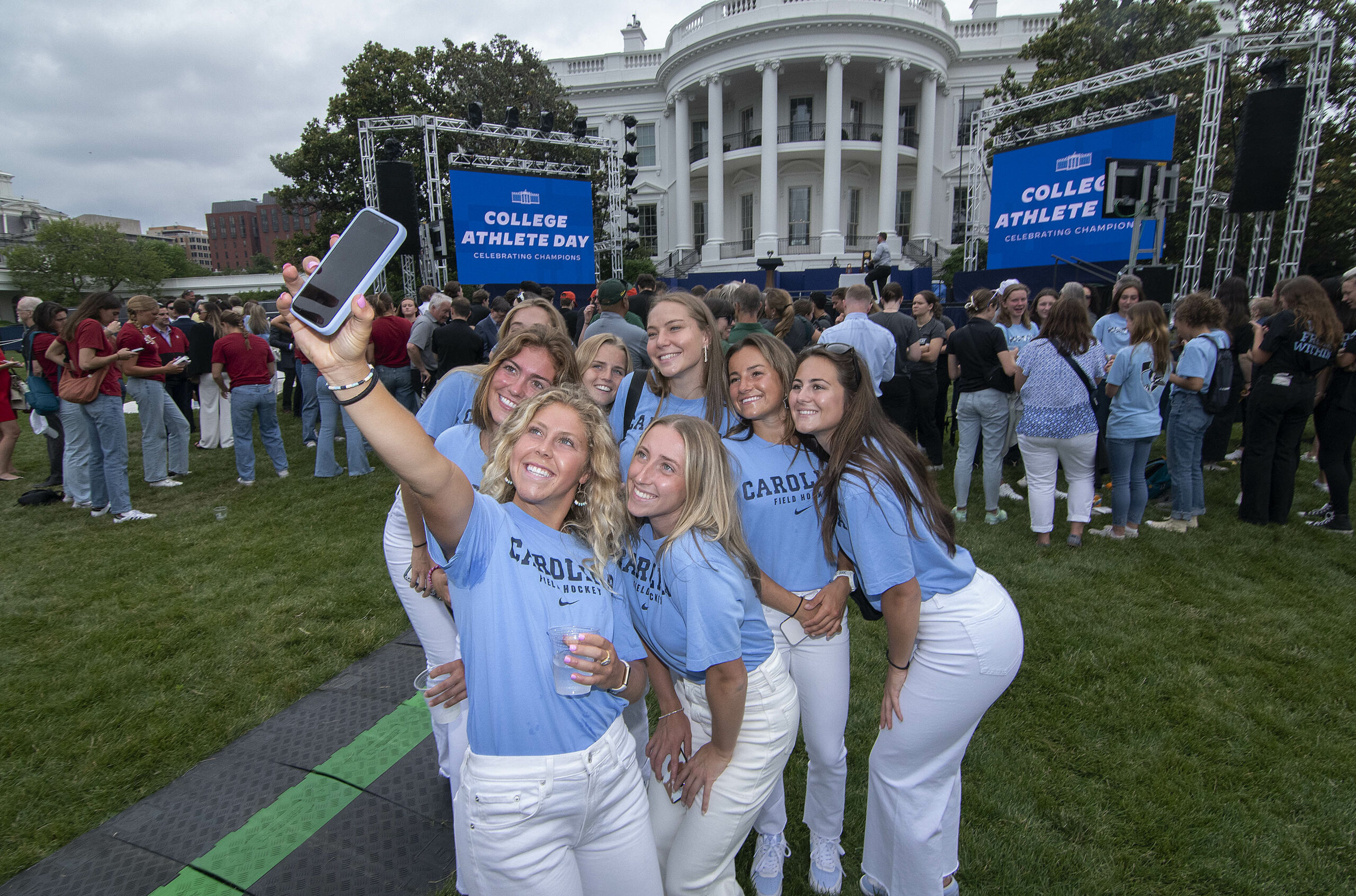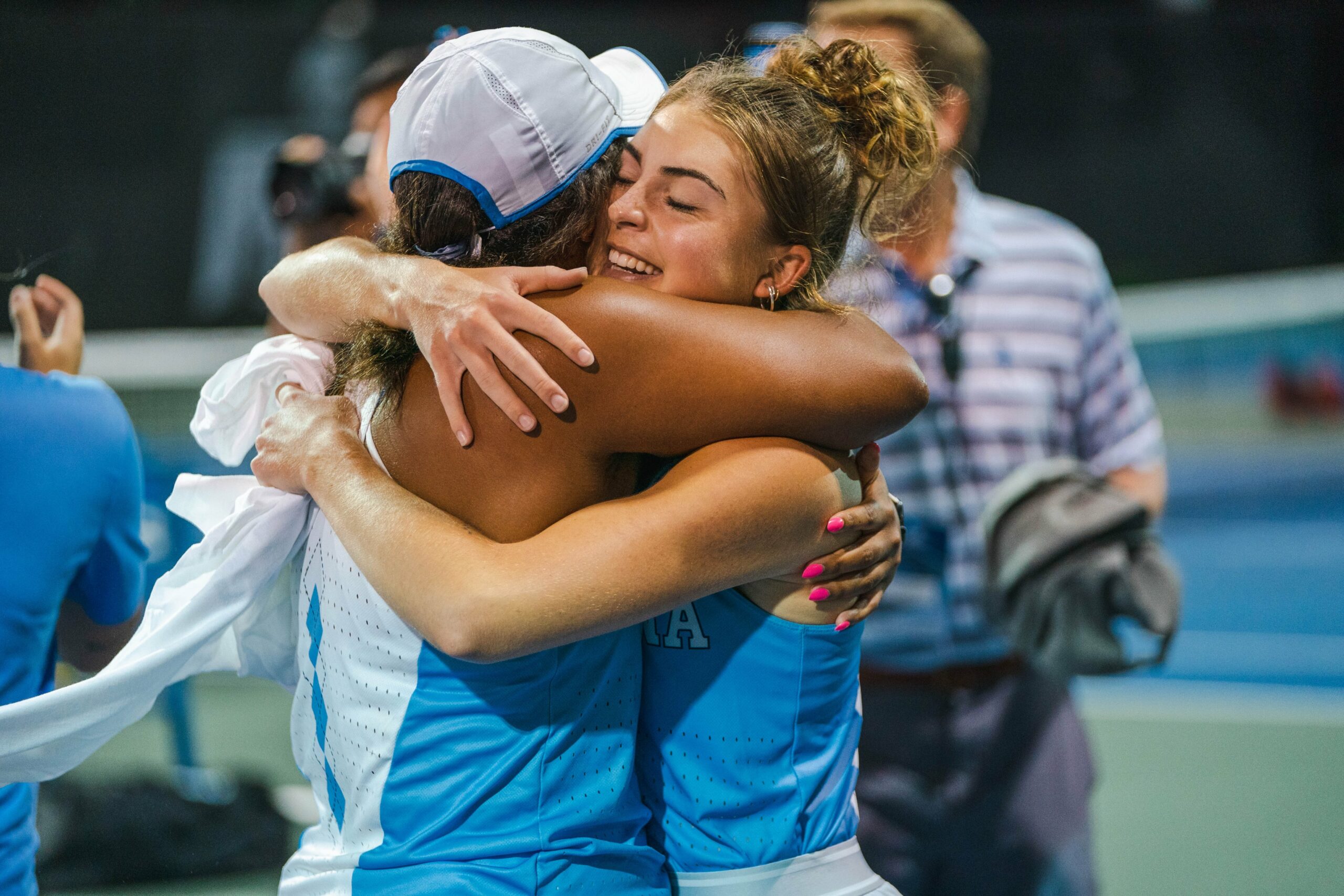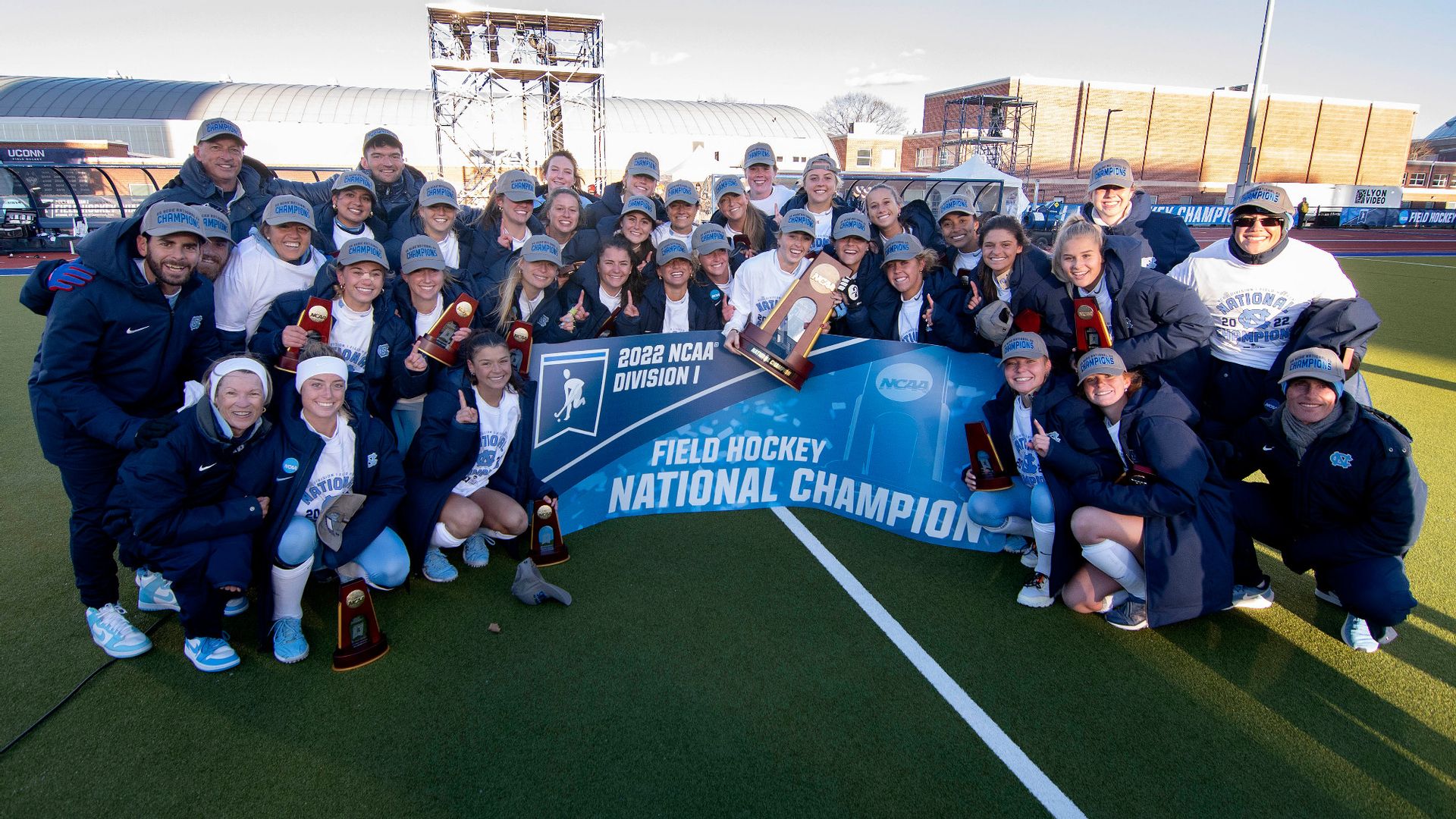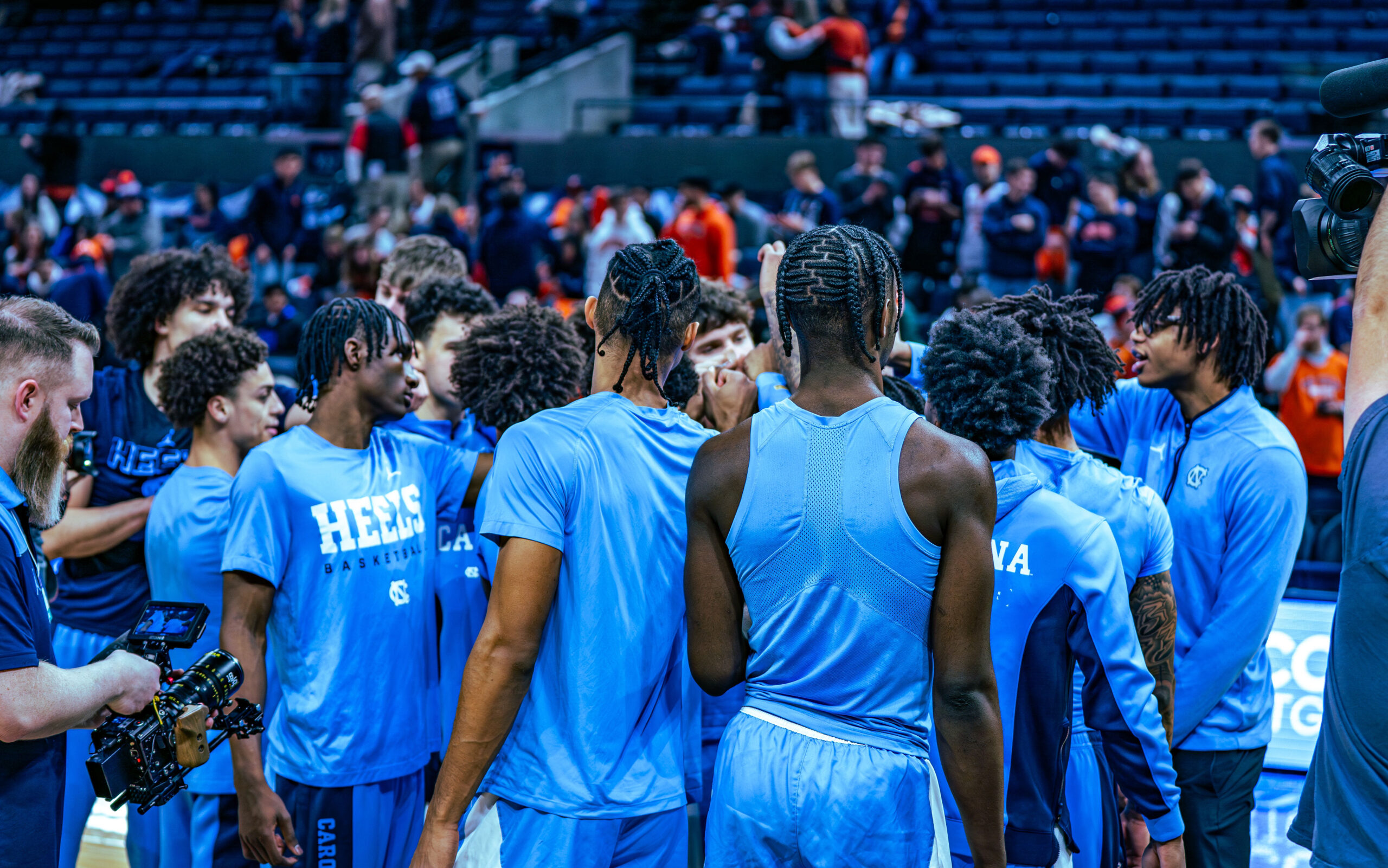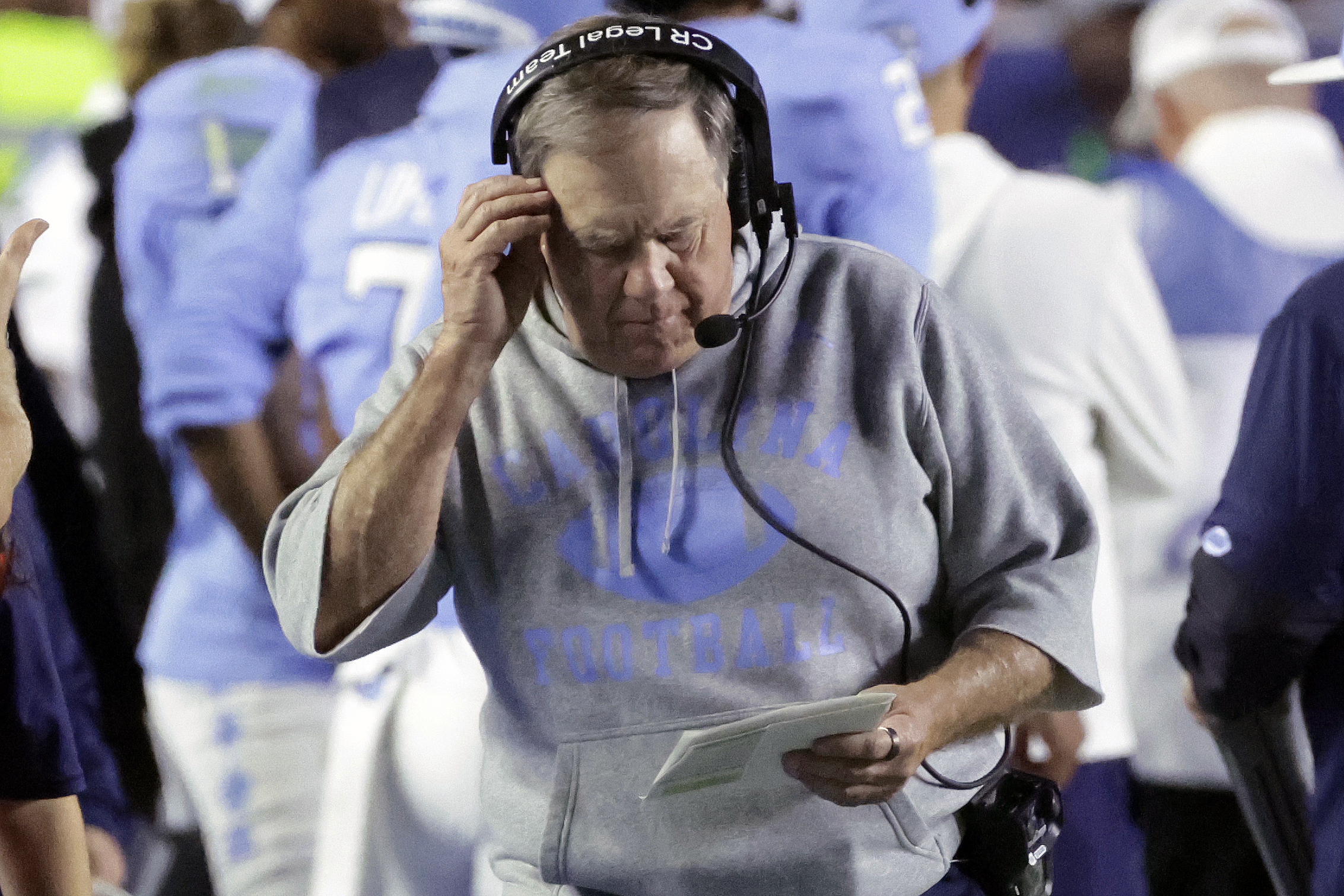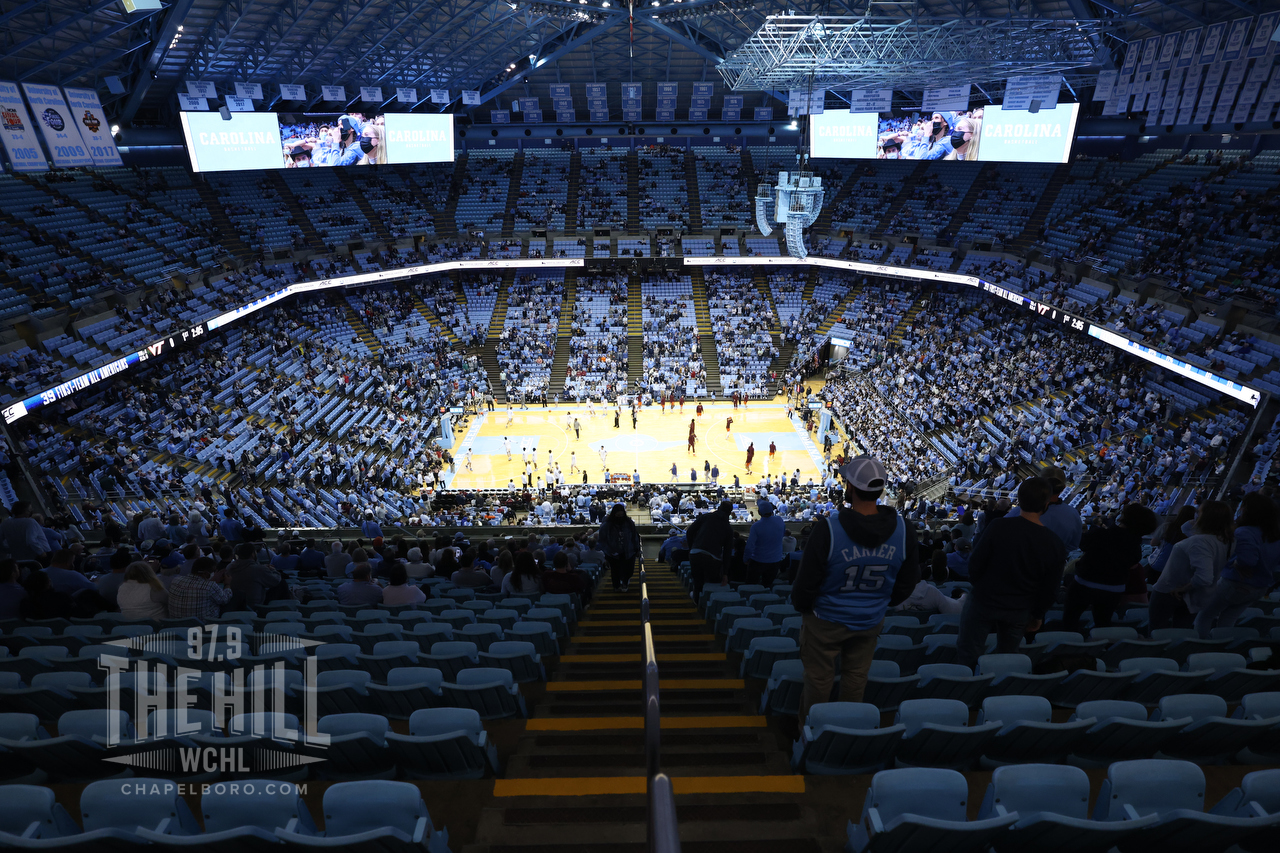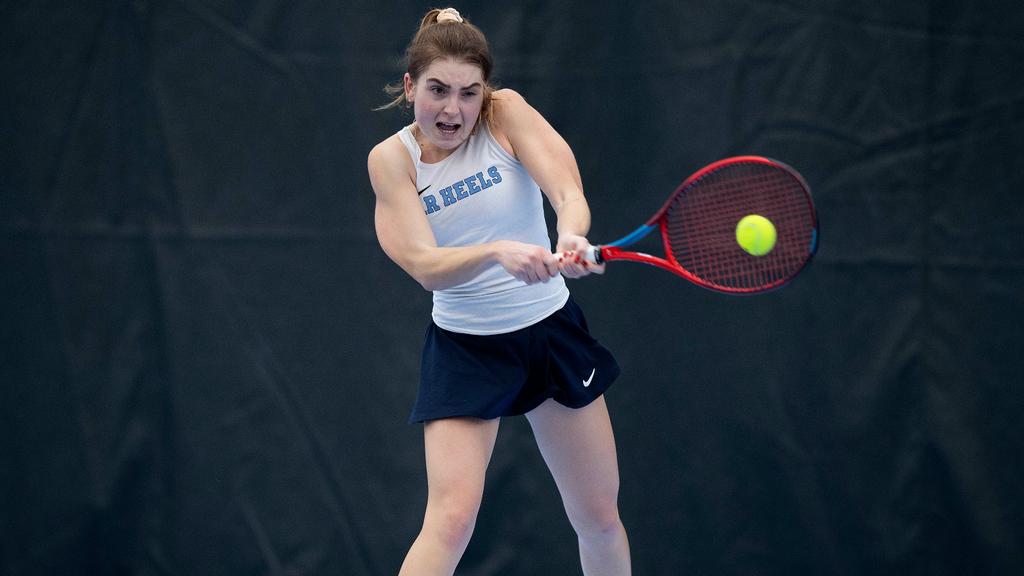
Art Chansky’s Sports Notebook is presented by The Casual Pint. YOUR place for delicious pub food paired with local beer. Choose among 35 rotating taps and 200+ beers in the cooler.
Fiona Crawley keeps fighting on and off the court.
Carolina’s tennis star and the No. 1-ranked woman in college won the ITF singles title in the annual W25 tournament in Florence, South Carolina. The Tar Heel senior earned $3,600, according to the NCAA limit.
Crawley defeated four Americans, including No. 7 seed Sophie Chang, and one Israeli on the way to the championship match victory over Chloe Beck on Sunday. Her meager winnings could help her win a much bigger battle.
She may join a group of amateurs thinking about suing the NCAA for the right to earn more money, leveling the claim that Olympic sports college athletes should be able to earn larger purses of prize money because athletes in the so-called “revenue sports” are making big bucks from their NIL partnerships.
“I would never take the money and never risk my eligibility,” she said after declining the $81,000 she could have earned by making the first round of the main draw at the U.S. Open in New York last month.
“I worked my butt off this week and it seems unreal that there are football and basketball players making millions in NIL deals, and I can’t take the money I worked so hard for,” she told ABC News.
Athletes in any college sport can earn NIL money from business or individual partnerships that promote their Name-Image-Likeness. Several women’s basketball players like Paige Bueckers of UConn and Caitlin Clark of Iowa are reportedly making six figures while remaining in college.
There is no bigger name in women’s college tennis than Crawley, 21, who made the U.S. Open as a wildcard and progressed through the singles qualifiers. She was eligible to take home $10,000 under NCAA guidelines but far below the 81K she could have earned by turning pro.
“I wouldn’t have been eligible to play college tennis, and that is something I never would have jeopardized,” said Crawley, who led the Tar Heels to their first NCAA championship last spring.
“Rules are rules [but] even though I do stand by what I said in my post-match interview, how I feel like I fought for that money and do deserve that money, it’s not something that I would risk for my eligibility. I’m back in Chapel Hill, finally, after two extraordinary weeks, chaotic weeks, and it feels incredible.
“But it is a little bit of an identity crisis going and competing and having that experience and not being able to take the money. I don’t think that I really realized exactly what it was until I was sitting in the purser’s office looking at all of the money.”
Featured image via UNC Athletic Communications/Jeffrey A. Camarati
Chapelboro.com does not charge subscription fees, and you can directly support our efforts in local journalism here. Want more of what you see on Chapelboro? Let us bring free local news and community information to you by signing up for our biweekly newsletter.



